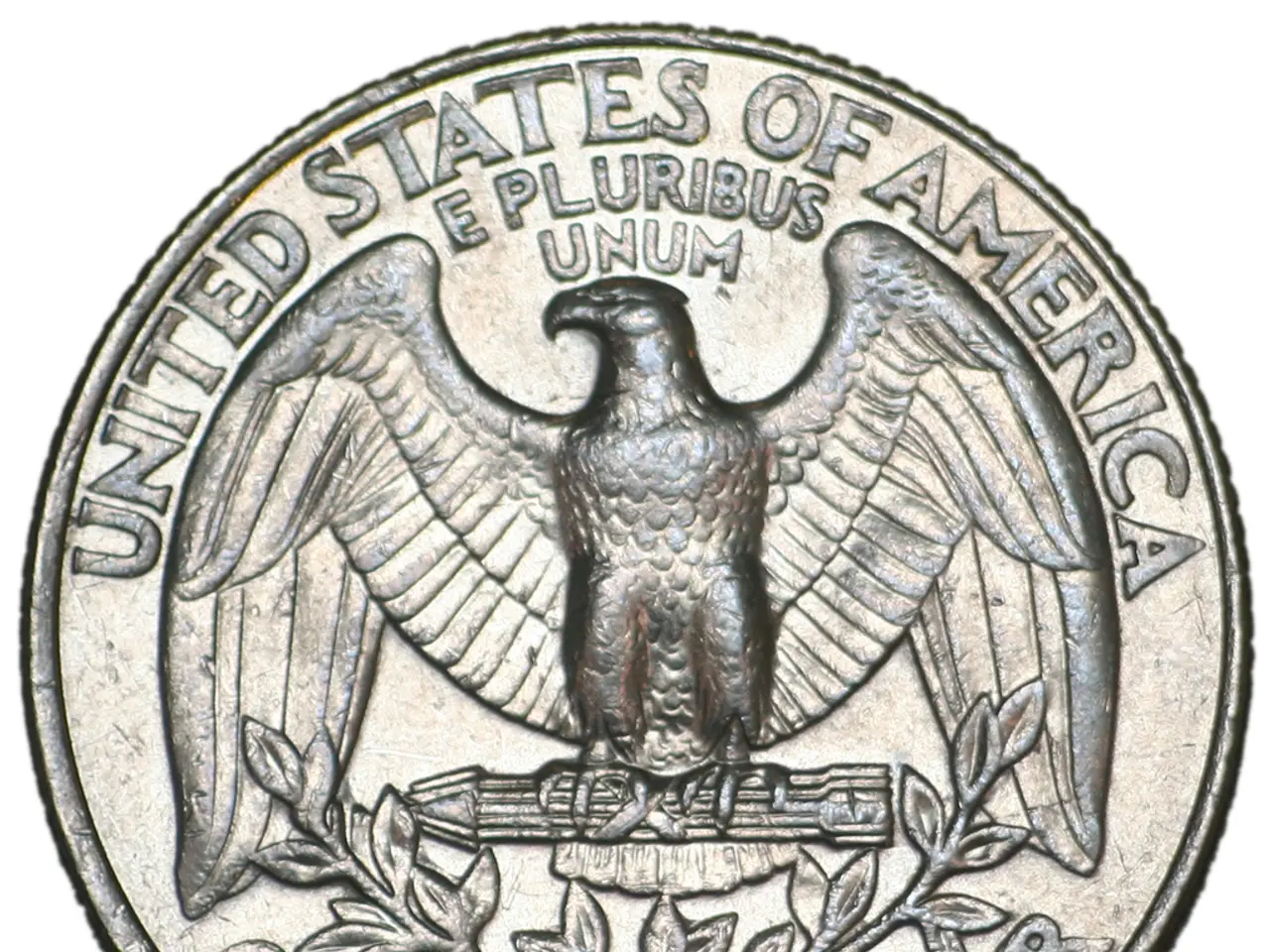Bulgaria officially adopts the Euro as its currency, beginning on January 1, 2026.
Bulgaria scored the nod from the EU bigwigs! The free-spending, sun-soaked Balkan nation will be rocking the shared currency, Euro, come January 1, 2026. A unanimous agreement among the EU heads of state and government in Brussels has given Bulgaria the golden ticket to join the likes of Germany, France, and Italy as the 21st Eurozone member, back-to-back with last entrant Croatia.
So long, lev, and hello, euros!
Why Bulgaria's Adopting the Euro?
Trade and travel are about to get easier for Bulgaria, like a well-oiled machine after a few cans of WD-40. Say goodbye to leaping exchange rates when doing deals or investing, fellow business journeymen! And for our travel-thirsty comrades, wave bye-bye to the chore of swapping currencies post-Bulgaria adoption. That's right - no more fun-draining forex fees burdening your sun-kissed beach escapades!
Pros for Bulgaria
Picture it: enhanced economic stability, lowered borrowing costs, and killer price stability in a single swoop! Bulgaria's demonstrated price stability, with inflation rates kissing the euro area's reference value, sets the scene for a cozy economic environment conducive to sustainable growth.
This Euro-adoption victory dance is a political power-move for Bulgaria's current ruling coalition, intensifying their influence in EU policymaking. It's quite the dance-off amidst the rocky geopolitical terrain in Eastern Europe.
Cons for Bulgaria
There are always two sides to the coin. Despite the currency change, Bulgaria faces ongoing structural challenges such as demographic decline, corruption, emigration, and feeble institutional capacity that could constrict economic growth long-term. Listen up for internal political opposition and public skepticism fueled by disinformation campaigns. These roadblocks could amp up the political tension surrounding the Euro adoption process itself.
Operational preparations are a complex ball of wax as well. Bulgaria must ensure a glitch-free conversion of prices, salaries, contracts, and banking systems to prevent economic hiccups. A sudden spike in inflation or another economic misstep during or after the transition could result in trouble down the line.
Finally, the EU Commission and European Central Bank expect Bulgaria to tackle concerns related to judicial independence, public administration efficiency, corruption, and public procurement reform. Failure to address these persistent governance issues might cause wrinkles during Bulgaria's smooth entry into the Eurozone.
The Takeaway
Bulgaria's Euro adoption comes with a slew of exciting opportunities, which include increased economic stability, lowered borrowing costs, and enhanced EU integration. However, it also presents formidable challenges related to structural economic weaknesses, political opposition, operational complications, and persisting institutional reforms necessities.
In the name of smooth sailing, let's wish Bulgaria good fortune on their euro adventure!
The adoption of the Euro by Bulgaria will ease trade and travel within the European Union, as well as eliminate exchange rate fluctuations for businesses and tourists. However, the shift comes with potential challenges, including ongoing structural economic issues, political opposition, complex operational preparations, and the need for institutional reform in areas such as judicial independence, public administration efficiency, and corruption. Despite the hurdles, a successful transition could lead to increased economic stability, lowered borrowing costs, and enhanced EU integration for Bulgaria.




